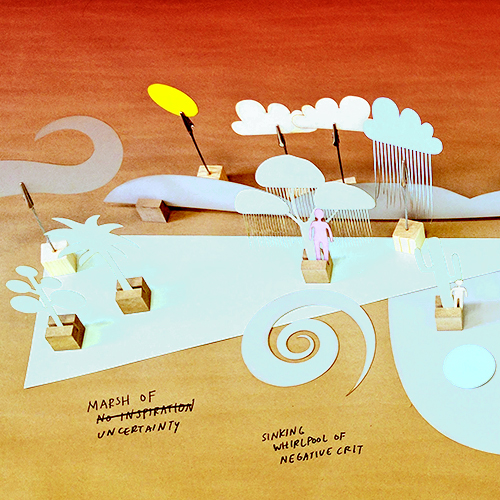All posts by “danlockton”

Getting someone to do things in a particular order (Part 2)
Continued from part 1 These are the suggested mechanisms applicable to User follows process or path, performing actions in a specified sequence – they fall roughly into three ‘approaches’. In this post, I’m going to examine the System element approach. System element approach This approach […]

Nudges and the power of choice architecture
An ‘advance uncorrected page proof’ of Nudge I managed to get off Abebooks. Thanks to Hien Nguyen for the photo. Nudge, by Richard Thaler and Cass Sunstein, is a publishing sensation of the moment, no doubt helped by Thaler’s work advising Barack Obama (many thanks […]

links for 2008-06-12
Rhizome – Prison Inspection “Proof of the jail cell’s status as unspoken spectacle and insight into the architect’s ethical and personal relationship to the places they create.” Thanks to Eugene McHugh for the link. (tags: prison panopticon foucault architecture intent) Good Experience: Deception considered helpful […]

Lights reminding you to turn things off
Duncan Drennan, who writes the very thoughtful Art of Engineering blog, notes something extremely interesting: standby lights, if they’re annoying/visible enough, can actually motivate users to switch the device off properly: Our DVD player has (to me) the most irritating standby light that I have […]

Exploiting the desire for order
I met a lot of remarkable people in Finland, and some of them – they know who they are – have given me a lot to think about, in a good way, about lots of aspects of life, psychology and its relation to design. Thanks […]

Sarah Burwood: Tumble Sums
We’ve covered teaching machines and programmed learning textbooks a few times on the blog, and I’ll admit to a general fascination with analogue computing and similar ideas, ever since reading John Crank‘s Mathematics and Industry as a teenager, after finding it in a skip (dumpster) […]






